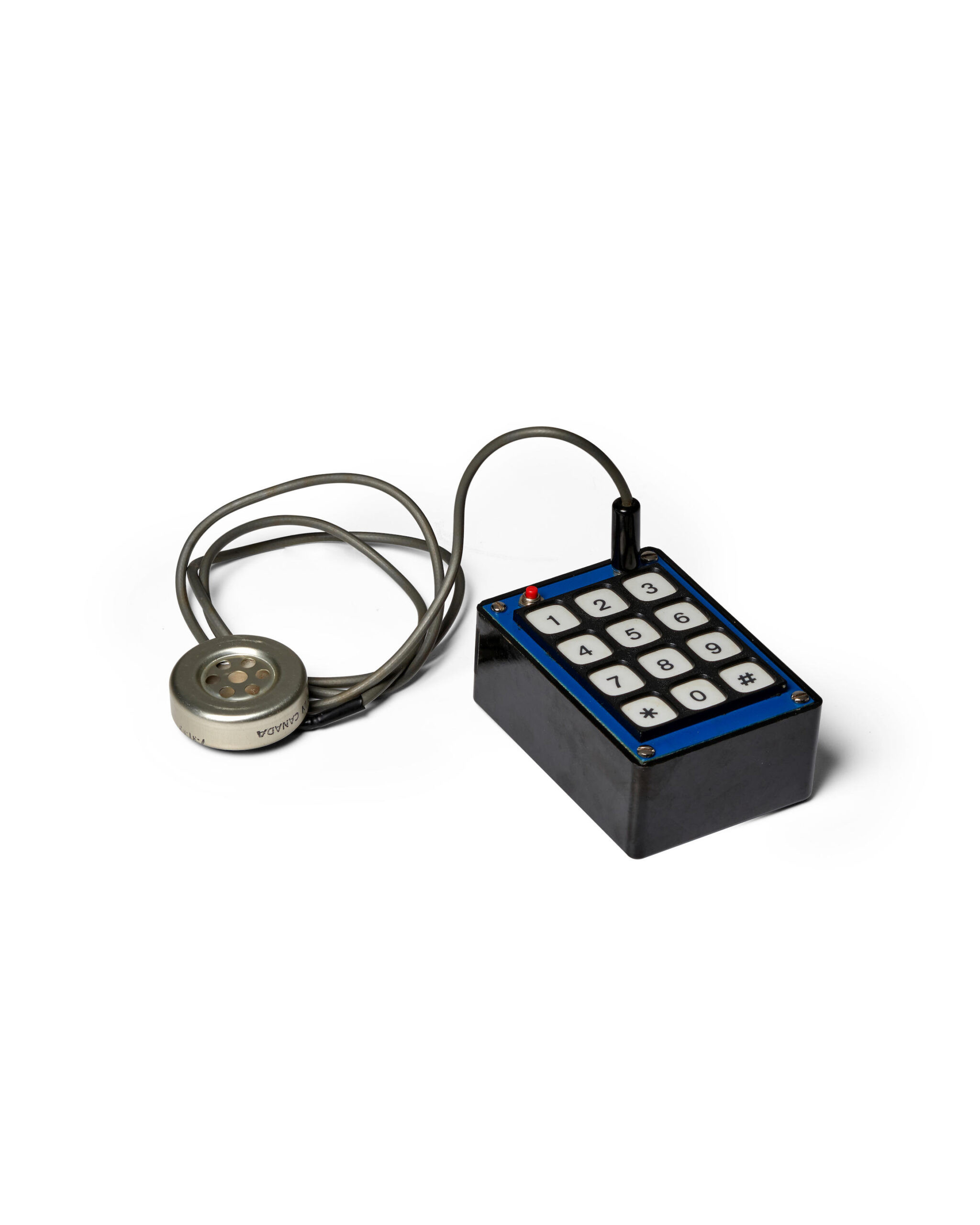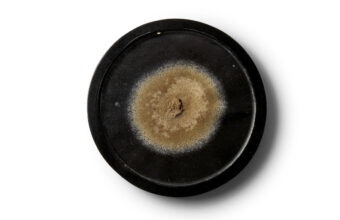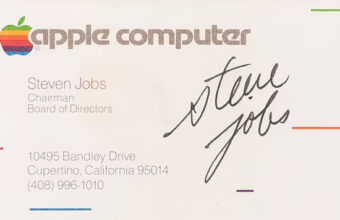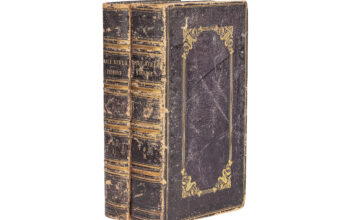Some bacteria that changed the world was sold in New York this week. A buyer paid over $76,000 for a sample of Alexander Fleming’s penicillin, the basis for the world’s first antibiotic.
Fleming “discovered” penicillin after some blew into a petri dish in which he was growing staph bacteria in 1928.
The wind-blown mould stopped the growth, and Fleming had found a way to tackle infections in humans, though it took many years and many other scientists to produce a praticable human drug from the initial discovery.
The find, at St Mary’s Hospital, Paddington in London, made the Scottish scientist a celebrity, and he made a number of mould medallions. Winston Churchill, Franklin Roosevelt, the Queen Mother, and Pope Pius XII all received one.
This example was among the most eye catching items in Bonhams’ History of Science sale this week.
The auction house gave it a top estimate of $50,000 that it comfortably surpassed.
Another example had sold in 2017 in London for just short of £25,000.
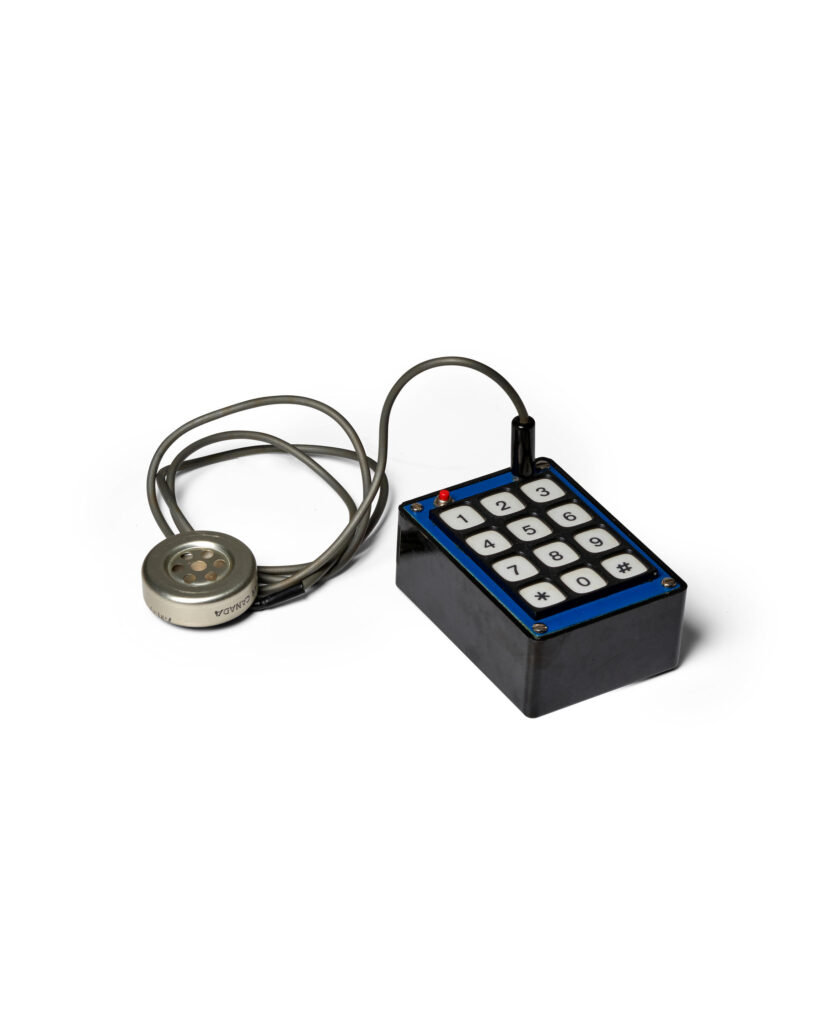
This “bluebox” phone hacking device was a surprise hit in New York this week. Image courtesy of Bonhams.
Selling within estimate at the sale, an Apple “Twiggy” prototype for a Macintosh computer realised $83,050, just over an $80,000 lower estimate.
More surprising was the sale of a “bluebox” phone hacking device for $140,200 against a $1,000 to $2,000 estimate.
The blueboxes are thought to be the first phone hacking devices and could be used to get around phone billing systems to make free calls.
Apple’s co-founder Steve Wozniak is known to have made examples, and one ascribed to him sold for $31,325 in 2020.
This example was sold as being by an unknown maker.




